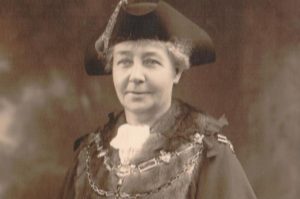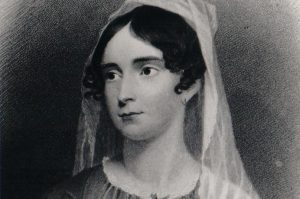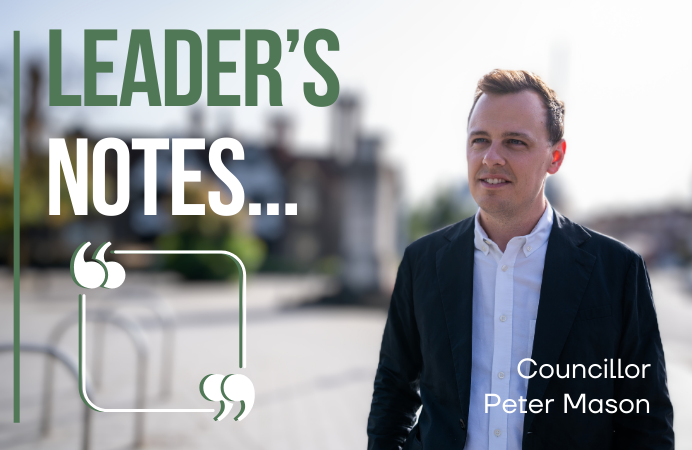Recent milestone moments for the construction of HS2 brought the names of a pair of local historical figures back to the fore.
Tunnels between West Ruislip and Euston have been built using tunnel boring machines (TBMs) in 2 phases, known as Northolt Tunnel West and Northolt Tunnel East. These were finished recently and the TBMs were lifted out, back above ground, after excavating million tonnes of clay and allowing concrete tunnels to be installed.
One of the TBMs involved was named Emily, named after Emily Taylor – who was the first female councillor on both Hanwell and Ealing councils. The photo of ‘Emily’ above is owned, and was supplied, by HS2.
And another was named Anne, after Lady Anne Byron, an educational reformer and philanthropist who founded the Ealing Grove School.
Emily Taylor

It was in 1919 that Emily Taylor became Hanwell’s first female councillor, topping the poll at that election, as one of the 3 for Hanwell’s northern ward. She became chairman of the Public Health Committee.
The local newspaper was enthusiastic about her, stating: “There are few people in Hanwell who know so intimately as Mrs Taylor the needs in the homes of the people and her technical qualifications are such as the council could ill afford to lose her.”
She also became the council’s chairman in 1925 and, when Ealing and Hanwell districts amalgamated, a year later, became Ealing Council’s first female councillor.
Emily played a large role in the establishment of the Perivale Maternity Hospital in 1937; and became the first female mayor of the district in 1938.
You can read more about her in our past local history article by Dr Jonathan Oates.
Lady Anne Byron

Anne lived in Ealing for a couple of decades, from at least 1822-1840, and left an indelible mark on the town. She lived at Fordhook House (once home to Henry Fielding, the novelist) and Hanger Hill House.
She had a brilliant daughter, Ada, from her brief marriage to the world-famous poet Lord Byron. Ada later became Countess Lovelace and was a mathematician and writer who is commonly credited with writing the first ever computer programme, or ‘algorithm’, a century before modern computers were invented.
A plaque to Ada was unveiled at Ealing Town Hall by the Earl of Lytton, her direct descendant, in 2019.
Lady Byron was interested in social and political issues, including education, penal reform and anti-slavery. She founded the Ealing Grove School in 1833 —England’s first co-operative school, which provided education for working-class children in west London.
You can read more about her in our past local history article by Dr Jonathan Oates.





